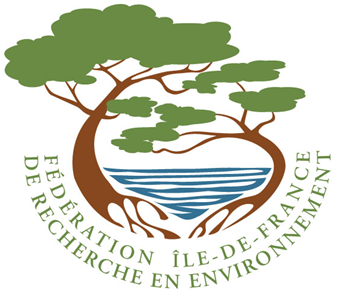The Institute of Physics of the Globe of Paris (IPGP) brings together the major disciplines of Earth Sciences, of the Planets and the Environment (geochemistry, geophysics, geology) to analyze and understand the functioning and evolution of our planet. Biology is now part of these skills and our researchers track the traces of life in the oldest rocks and work on the deep biosphere. The IPGP operates worldwide, in space and at the bottom of the oceans. It is officially in charge of the monitoring of the French active volcanoes and leads the ObserA (Water and erosion observatory in Anilles) in Guadeloupe. The IPGP counts 150 researchers, 170 engineers and managers and more than 190 doctoral students. Co-operative agreements with a large number of foreign institutions enable research and exchange around the globe.
IPGP hosts powerful computing facilities and state-of-the-art experimental facilities, and is backed by leading-edge technical support. Its flexible structure facilitates the emergence of research teams in the most promising fields.
Seventeen teams bring together researchers and engineers around a central discipline and experimental facilities:
- Cosmochemistry, Astrophysics and Experimental Geophysics;
- Dynamics of Geological Fluids;
- Current and primitive geobiosphere;
- Water geochemistry;
- Geochemistry of external Earth;
- Geochemistry of stable isotopes;
- Geomagnetism;
- Geomaterials;
- Geomicrobiology;
- Marine Geosciences;
- Gravimetry and spatial geodesy;
- Paleomagnetism;
- Physics of natural sites;
- Planetology and space science;
- Seismology;
- Volcanic system;
- Tectonic and mechanical lithosphere.
The teams of Water Geochemistry and Geomicrobiology participate mostly in the activities of the FIRE research federation.
L’IPGP is organized in 4 themes : Origines, Critical Zone, Deep Earth and natural hazard).

